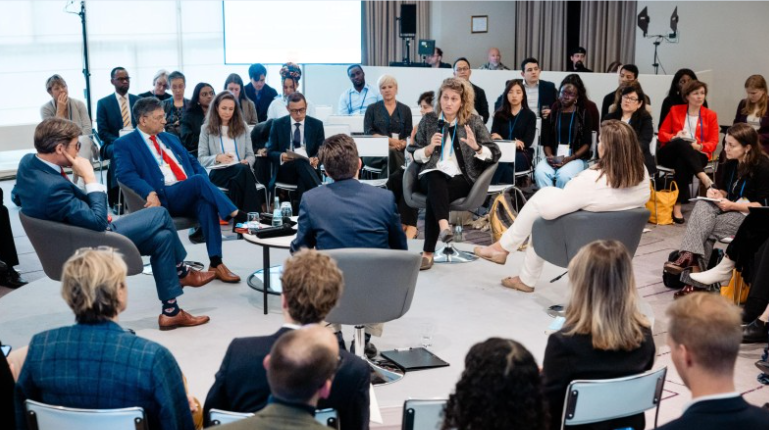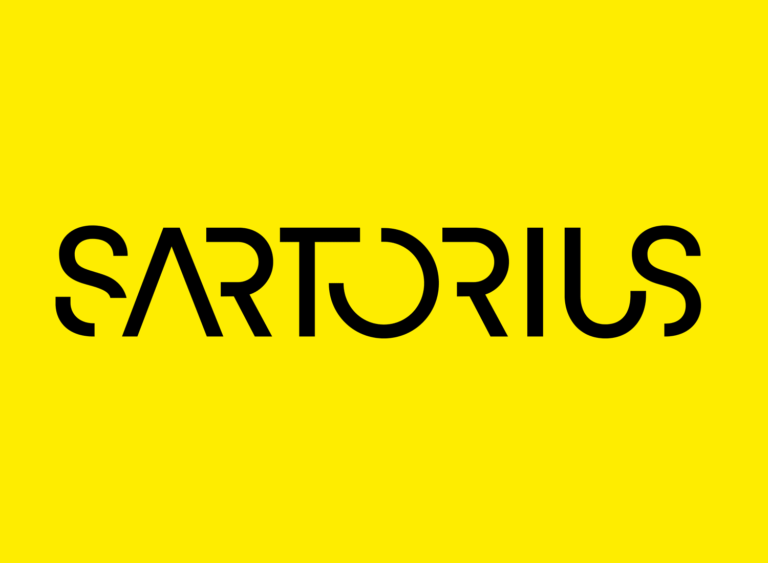A big thank you to GSK, Biovac Institute, and Deutsche Gesellschaft für Internationale Zusammenarbeit (GIZ) GmbH for inviting Rajinder Suri CEO-DCVMN to speak at the World Health Summit side event “Global Health Lab: Tech transfers for medicines and vaccines – opportunities and challenges.”
Rajinder joined the panel to spotlight how strategic tech transfers can unlock local manufacturing, strengthen resilience, and accelerate equitable access to lifesaving vaccines. He highlighted the strength of South-South collaborations among our members, particularly with manufacturers across Africa, and praised our members’ openness to R&D partnerships and technology sharing in times of global crisis, a spirit that was clearly visible during COVID-19.
Real-world examples Rajinder highlighted on the important impact of technology transfer partnerships:
🔸 Numerous of our member companies, like Serum Institute of India Pvt. Ltd., Bio Farma – Indonesia, EuBiologics Co., Ltd., Bharat Biotech and Biological E. Limited have engaged in South-to-South tech transfer agreements with our member companies in Africa like Aspen Pharma Group, Biovac, ATLANTIC LIFESCIENCES LTD & DEK to ensure equitable access.
🔹 The GSK–Bharat Biotech collaboration on RTS,S/AS01E, the world’s first malaria vaccine for Plasmodium falciparum, which helped drive production-led impact and a 50% price reduction (to <US$5/dose by 2028) without advance purchase commitments, highlighting the commitment to the industry.
🔸 Building on that momentum, GSK licensed its most advanced Shigella vaccine to Bharat Biotech (June 2025), including full tech transfer and Phase 3 design support, another strong signal that industry partnerships can deliver global-health priorities.
At DCVMN we do not just talk about tech transfer, but we build the capacity to do it. For the past three years our DCVMN Technology Transfer Training has been training the people and teams who carry knowledge across borders: combining rigorous theory with hands-on practical sessions so that transfers aren’t just promised, they are implemented. This long-term investment reflects our enduring commitment to scaling local manufacturing and ensuring vaccines reach communities that need them most.
Proud to see these conversations and collaborations gaining traction: policy, financing, and technical capacity must all move in order to maximise the impact of tech transfers.










